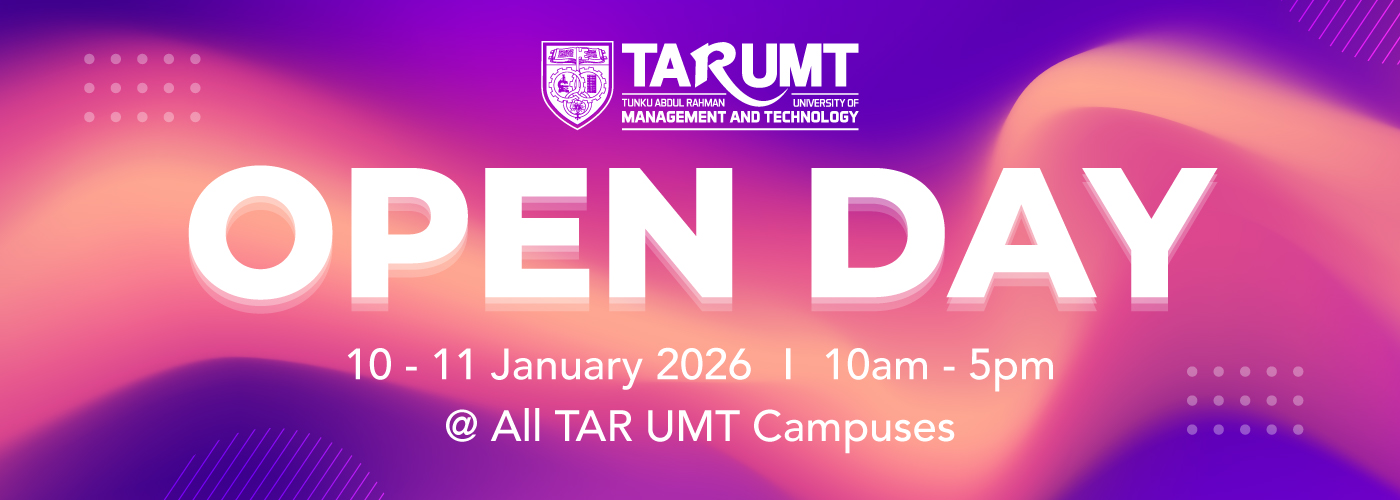What Career Should I Pursue: A Detailed Guide
Remember when your parents asked you “What do you want to be when you grow up?” Our answers ranged from being an astronaut to a princess, but the reality is often different from what we actually want it to be.
Career paths are often lengthy and meandering, with several pauses, detours, and decisions along the route. Choosing a career path, on the other hand, is an excellent approach to begin your journey and obtain the necessary skills, knowledge, and experience to find rewarding and exciting work.
Let’s take a look at how you can pick a career by identifying your essential talents and interests.
Steps to take when choosing a career
Photo by Estée Janssens on Unsplash
Don't worry if you're stuck, unsure, or perplexed. Here are a few measures you may take to choose a profession that will genuinely fulfil you:
Take career assessments
Remember when you were in high school and you were given career personality tests to determine what you should be when you grew up? Although they may appear ridiculous at first, the appropriate career evaluation may be a very valuable tool in determining your route, especially if you aren't sure where to begin.
Just remember that these tests are meant to be used as an addition to the research and discovery stage of your job hunt, not as a definitive answer as to what career you should pursue.
Make a list of your strengths and weaknesses
You can make a list of what you’re good and bad at. This will help you to eliminate careers that are unsuitable and point you to those that you will excel at.
For example, if you’re good at talking to people, you should consider careers such as those in the hospitality industry or mass communication sector.
Consider your interests
Things that you love doing in your spare time might provide insight into jobs that are rewarding, fulfilling, and enjoyable. To discover your passions, consider the following questions:
- What are some of my favourite pastimes?
- Is it more enjoyable for me to deal with people, animals, data, or books?
- Do I prefer to spend my time indoors or outdoors?
- What hobbies would I miss the most if I couldn't participate in them any longer?
- Which one of my school subjects did I enjoy the most and excelled at?
Consider taking a course or certification programme that is necessary for a subject that interests you if you are presently in school or have a job. This experience might help you figure out if the skills and substance of the job appeal to you.
Before you apply for any employment, make sure you know what you're good at, what you believe you'd be pleased doing, and what areas you'd like to learn more about.
Consider your personality
There are a variety of ways to determine your personality type, with many of them focusing on your reactions to certain situations.
Different personality types may naturally gravitate toward different interests and abilities, including jobs. Because it will play a role in your work, think about various parts of your character as you plan for the future.
For example, if you’re a very introverted person, a career in public relations or sales and marketing might not be the best option for you.
List out your options
Make a list of all of your choices, whether they are actual job openings, educational chances, or career routes. Filter out what isn't quite right for you and narrow down the options after you have everything written down.
It will be wiser to keep as many backup plans as possible for yourself so that you have lots to select from. You may also rate your choices from greatest to worst, and combine some that are similar.
Talk to people around you
If you’re really lost and have zero clue as to where to start, you can always depend on the people around you. Talk to your parents, friends or mentors about what career you should take up. A career counsellor in your university is another person you can reach out to.
Outside of your own personal contemplation and online research, speaking with someone in person might provide you with more context. If you have the opportunity, reach out to professionals in different fields and sit down with them to discuss the essential aspects of their jobs.
Invest in networking
Whether you're actively looking for a new job or just trying to figure out what professional route you should take, networking is a wonderful way to get your feet wet.
The more individuals you meet, the more you'll learn about the work environment, the people who work there, and how they like their jobs.
If you’re currently studying, take the opportunity to get to know others during internships, placements, and conferences. The connections you make can help you secure jobs in the future.
Questions to ask yourself
Your professional life has a significant influence on your future. It has the potential to impact your identity, personal fulfilment, lifestyle, earnings, family, and retirement.
Ask yourself the following questions before deciding on a professional path:
- ● What do you like?
- ● Are you open to leaving the country for work?
- ● How much salary are you expecting to get?
- ● What education do you need to obtain for the job?
- ● What are your key skills?
- ● What are your values?
- ● What do you excel in?
Quick FAQ on career options
Here are some frequently asked questions by those trying to decide on a career to pursue:
What career should you pursue if you like to travel?
Photo by Westwind Air Service on Unsplash
If you want to combine your love for travelling while also earning money, these are some of the jobs that could be the perfect choice for you:
- Flight attendant
- Event coordinator
- Foreign service worker
- International aid worker
- Photographer
- Pilot
- Translator
- Travel agent
- Travel writer
- News/ Media personnel
What career should you pursue if you like maths?
Photo by Jeswin Thomas on Unsplash
Mathematicians are in high demand in a wide range of businesses throughout the world. In certain situations, it's a requirement to be able to execute the work properly.
Companies are prepared to spend a lot of money for the appropriate applicant who can demonstrate their abilities in a range of mathematical fields in these situations.
Here’s a list of jobs you can accept if you love math:
- Architect
- Accountant
- Finance manager
- Game programmer
- Astronomer
- Engineer
- Mathematician
- Banking
- Stocks and share brokers
What careers can you pursue in the medical field?
Photo by Jonathan Borba on Unsplash
The medical field is wide and filled with various career opportunities like:
- Doctor
- Nurse
- Dentist
- Optometry
- Veterinarian
- Acupuncturist
- Paramedic
- Therapist
- Counsellors
What science career should I pursue?
Photo by CHUTTERSNAP on Unsplash
The study of the three branches of science, physics, chemistry, and biology, opens up a whole new universe of possibilities, ranging from space exploration to the study of sand and soil. Here are some examples:
- Data scientist
- Blockchain developer
- Marine biologist
- Environmental scientist
- Astrophysicist
- Biologist
- Virologist
- Research specialist
- Lecturers /teaching
What art career should I pursue?
Photo by Tetiana SHYSHKINA on Unsplash
Art is a broad field that encompasses a variety of disciplines, from music to painting, industrial design to the performing arts. Let's take a look at art careers you can pursue:
- Graphic designer
- Animator
- Composer
- Fashion designer
- Professional painter
- Illustrator
- Interior designer
- Game designers
What business career should I pursue?
Photo by Adeolu Eletu on Unsplash
You can choose from a huge selection of jobs in the business world, as it is a wide field. Some of these careers include:
- Marketer
- Sales executive
- Advertising manager
- Human resource manager
- Project manager
- Risk manager
- Run your own business
What career can I venture into with a mass communication degree?
Photo by Jose Pedro Ortiz on Unsplash
With a mass communication degree, your options are endless as it is a very diverse industry. Some of the jobs that you can choose from are:
- Producer
- TV news anchor
- Cameraman
- Video editor
- Reporter
- Web content manager
- Event manager
- PR practitioner
- Brand manager
Importance of a university degree
Having a university degree will help you in the long run. First, it provides you with a wider set of opportunities. However, we're not only talking about greater job prospects after graduation.
We are also talking about the limitless possibilities of creating new connections that might be beneficial to you for the rest of your life, the advantages of learning, the encouragement of discovering new passions, and so much more!
As explained earlier, it is vital to network and where better to start than in college. While pursuing a university degree, you will be able to meet new individuals from all backgrounds with diverse interests. This improves your chances of interacting with people in your prospective professional sector.
You can go a long way in life if you know the right people! You never know who will be able to assist you in landing your ideal job or who will be able to link you with the appropriate person who will.
The first place you can build connections in universities is through clubs and societies. For instance, in UOW Malaysia KDU, we offer a variety of activities they can join from cultural clubs to art societies.
Additionally, students seeking higher education have the chance to study books and attend lectures from leading experts in their disciplines. As a result, individuals obtain advanced knowledge in the fields that they are most interested in.
Individuals are encouraged to think critically, challenge notions, and explore new ideas as a result of this stimulation, allowing for further growth and development.
Ending remarks
Finding your desired job is difficult, and the journey may be frightening. But just because something is difficult doesn't mean it isn't worthwhile!
You want to make sure you're making the most of your time by pursuing a profession that makes you happy, is in line with your beliefs, makes use of your skills, and so on. Get started with our career test to learn which profession is the one for you!
Advices





News from Institutions


















